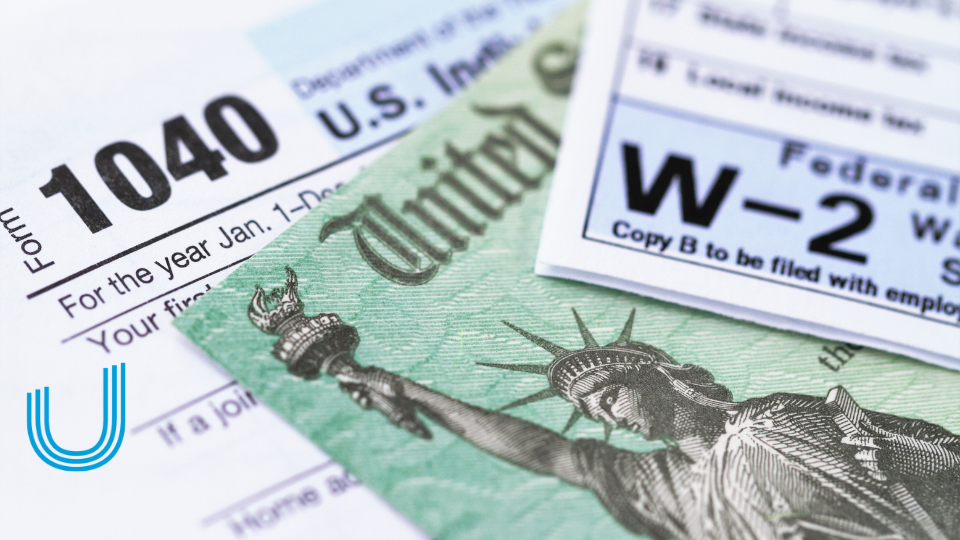Know the Tax Advantages of Passive Real Estate Investing
Investing in real estate is not just about generating rental income or long-term appreciation. One of the most compelling benefits for investors is the array of tax advantages that come with passive real estate investing. Below, we will dive into some of the key tax benefits that can help you maximize your returns. We are not tax professionals, so please consult your CPA for advice.
Depreciation
Depreciation is a non-cash deduction that allows you to write off the cost of the property over time. Residential properties are depreciated over 27.5 years, while commercial properties are depreciated over 39 years. This can significantly reduce your taxable income, even if the property’s value is appreciating.
For example, if you purchase a residential rental property for $500,000, you can deduct approximately $18,182 annually ($500,000 / 27.5 years) from your taxable income. This deduction can help offset rental income and reduce your overall tax liability.
Most often, when you invest passively in commercial or residential projects, the operator will share those depreciation losses with you, making it a great benefit of investing. Your specific tax situation will determine how you can utilize those losses.
1031 Exchanges
A 1031 exchange allows you to defer paying capital gains taxes on an investment property when it is sold, as long as another “like-kind” property is purchased with the profit gained. This is a powerful tool for real estate investors looking to grow their portfolio without a hefty tax bill.
By rolling over the gains from one property to another, you can continue to defer capital gains taxes indefinitely, potentially passing on properties to heirs with a stepped-up basis, further minimizing tax impacts.
Capital Gains Tax Deferral
When you sell a property for a profit, you are typically subject to capital gains tax. However, long-term capital gains (on properties held for more than a year) are taxed at a lower rate than ordinary income, often 0%, 15%, or 20%, depending on your income level.
This tax rate can be significantly lower than the ordinary income tax rate, allowing you to keep more of your profits. Additionally, if you utilize strategies like the 1031 exchange, you can defer these taxes even further.
Passive Income and Loss Rules
Passive real estate investors can benefit from the ability to offset passive income with passive losses. If your investments generate a loss, you can use this loss to offset other passive income.
In some cases, real estate investors who qualify as real estate professionals can even offset active income with these losses, further enhancing tax savings.
Conclusion
Understanding and leveraging the tax advantages of passive real estate investing can significantly enhance your investment returns. By taking advantage of depreciation, 1031 exchanges, capital gains tax deferral, and passive income and loss rules, you can minimize your tax liability and maximize your profitability. Always consult with a tax professional to ensure you’re fully optimizing these benefits within the legal framework.












